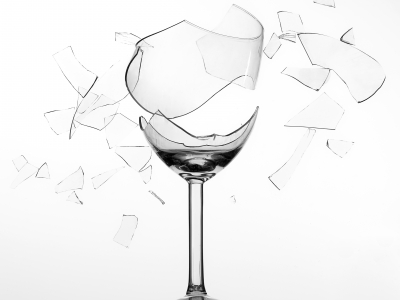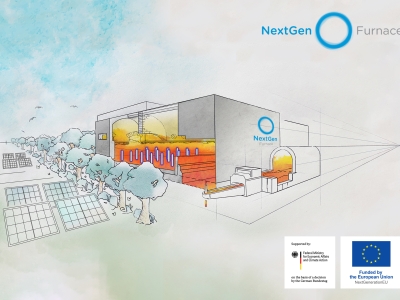Glass is an amazing material – and modern life is unimaginable without it.
We all rely on glass every day because of its unique chemistry that allows it to be:
- transparent yet impermeable – a durable barrier against everything from the weather to bacteria
- non-toxic – making it entirely safe in contact with food and drink
- virtually inert – because it won’t react with its contents or surroundings it’s perfect for scientific, surgical and pharmaceutical use.
The most common uses of glass are:
- container glass – bottles and jars
- flat glass – including glazing for buildings and vehicles
- glass fibre – used for reinforcement, insulation and fibre optics
- scientific hollow glass – such as tubing and vials
- domestic glassware – such as tumblers, jugs and vases
- glass beads – used in, for example, reflective paint, wet and dry blast cleaning and water filtration
Find out more about how and where these products are made.
Basic soda-lime glass is made from sand, limestone and soda ash – all of which occur abundantly in nature. But altering the composition of glass can achieve further special properties – allowing it to be, for example:
- flexible – able to be rolled like a sheet of paper
- anti-microbial – able reduce the spread of bacteria and fungi by incorporation of silver compounds into the glass
- soluble – able to release medicines, nutrients and other substances at a precisely defined rate.
Glass remains the material of choice for glazing and containers, after centuries of use. But today glass has many other applications, including:
- bio-medical implants and dentistry
- disposal of radioactive waste, by transforming it into a non-reactive glass
- source medium for lasers
- water filtration.
More recently we’ve seen glass play a role in the development of high capacity batteries and data storage – it can even be 3-D printed.
British Glass – through its subsidiary Glass Technology Services Ltd – is working with partners in industry and research bodies to explore the potential of glass in fields as diverse as medicine and dentistry, photonics and power generation.
Find out more by visiting www.glass-ts.com
As the ability to manipulate the chemistry of glass becomes more sophisticated, this amazing material is set to play a role in solving many of the problems society faces in the coming decades.





